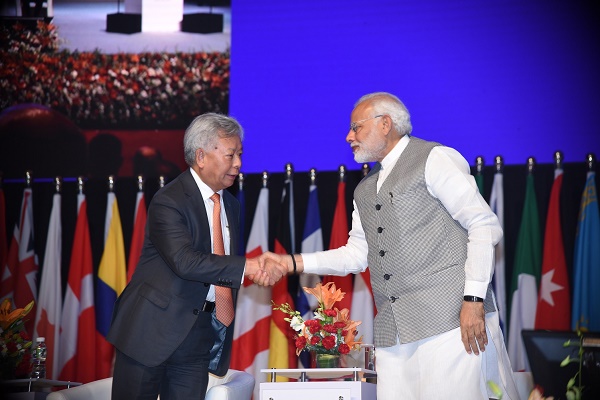
AIIB President Mr. Jin with Hon’ble Prime Minister Narendra Modi at AIIB’s 3rd Annual Meeting inaugurated in Mumbai
Mumbai: Addressing the inaugural session of the third Annual Meeting of the Asian Infrastructure Investment Bank (AIIB), Hon’ble Prime Minister Shri Narendra Modi said “We are happy to have this opportunity to deepen our engagement with the Bank and its members. AIIB started its financing operations in January 2016 and in less than three years, it has in its fold, 87 members. He further added that “With committed capital of 100 billion dollars and huge need for infrastructure in member countries, I take this opportunity to call upon AIIB to expand from financing 4 billion dollars, to 40 billion dollars by 2020 and 100 billion dollars by 2025”
Lauding the efforts of AIIB, Prime Minister said ‘’India and AIIB are both strongly committed to making economic growth more inclusive and sustainable. In India, we are applying novel Public Private Partnership models, Infrastructure Debt Funds, and Infrastructure Investment Trusts to fund infrastructure.”
India is trying to develop brownfield assets as a separate asset class for infrastructure investment. Such assets, having passed the stages of land acquisition and environment and forest clearances, are relatively de-risked. Hence, for such assets, institutional investment from pension, insurance and sovereign wealth funds are likely to be more forthcoming, Prime Minister said.
In a short period of just over two years, AIIB has approved 25 projects in a dozen countries with a total financing of over US$4 billion.
Stating that India, being one of the most investor-friendly economies in the world, has emerged as a bright spot in the global economy, Prime Minister said, “With a size of 2.8 trillion US Dollars, it is the seventh largest in the world. It is the third largest in terms of purchasing power parity. In the fourth quarter of 2017, we grew at 7.7 per cent. In 2018, we are projected to grow at 7.4 per cent.”
Our macro-economic fundamentals are strong with stable prices, a robust external sector and a fiscal situation firmly in control. Despite rising oil prices, inflation is within the mandated range. The Government is firmly committed to the path of fiscal consolidation. Government debt as a percentage of GDP is consistently declining, he added.
Counting India as an extremely low risk political economy from a foreign investor’s perspective, Prime Minister said, “The Goods and Services Tax (GST) is one of the most significant systemic reforms that our country has undergone. It works on the One Nation – One Tax principle. It reduces tax cascading, increases transparency, and adds to logistics efficiency. All of this makes it easier for the investor to do business in India.”
The size and growth of the Indian market hold much potential. India’s per capita income has doubled in the last ten years. We have over 300 million middle class consumers. This number is expected to double in the next ten years. The size and scale of requirement in India gives the added advantage of economies of scale for investors, said the Prime Minister.
Earlier, welcoming the Prime Minister, Union Minister for Finance, Shri Piyush Goyal, in his initial remarks said, “The newly emerging institutions have the potential to redefine the contours of multilateral financing and set new rules for engagement. Multilateralism has helped the world achieve inclusive economic growth across countries at different stages of development. We need to strengthen the multilateral cooperation to help us meet the challenges of climate change, economic slowdown in some parts of the world and rising protectionism.”
Holding inclusive growth as the key element, the minister said there is a need to develop faster processes for loan disbursement as India is a leading emerging economy and favoured investment destination.
Over the five-year period of 2017-2022, India will need US$750 billion for energy, transportation and urban development and we have budgeted infrastructure spending US$90 billion for 2018-19. AIIB will be an important pillar in meeting this requirement, Shri Goyal said.
In his address, AIIB President, Jin Liqun said, “Between now and 2030, Asia investment in infrastructure must rise to US$2 trillion a year, or roughly triple of what it has been in the past.”
“Asian developing countries now account for 60% of global growth, while roughly two-thirds of global trade is part of value-chains passing through Asia. Yet still today, 11% of Asia’s population remains in poverty. It is against this backdrop that AIIB was formed. Economic openness and investment in infrastructure drew Asia’s growth in previous stages. Now, much more needs to be done to ensure the future continues to brighten for all of Asia”, Liqun added.
Liqun in his concluding statement said, ‘’solid global growth is crucial for our members to meet their objectives and an open trading system is a foundation of that global growth. I look forward to working with all of you towards this end.”
Industries Department, Government of Maharashtra is the nodal Department, Maharashtra Industrial Development Corporation (MIDC), Government of Maharashtra is the nodal agency, Confederation of Indian Industry (CII) is the Professional Conference Organiser (PCO), Research and Information Systems for Developing Countries (RIS) is the knowledge partner, Federation of Indian Chambers of Commerce & Industry (FICCI) is the Exhibition partner for the third Annual Meeting of AIIB.

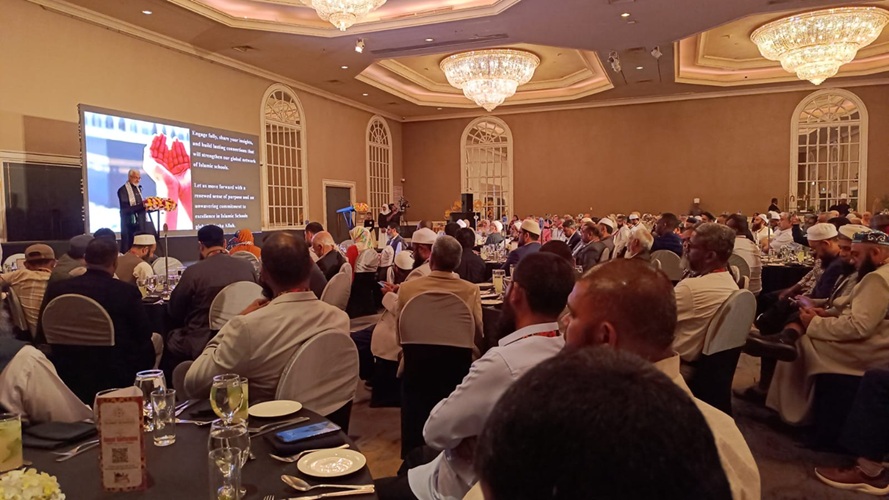
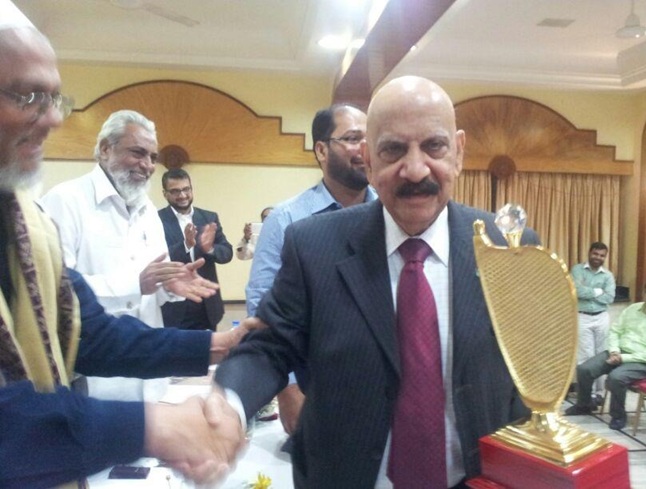
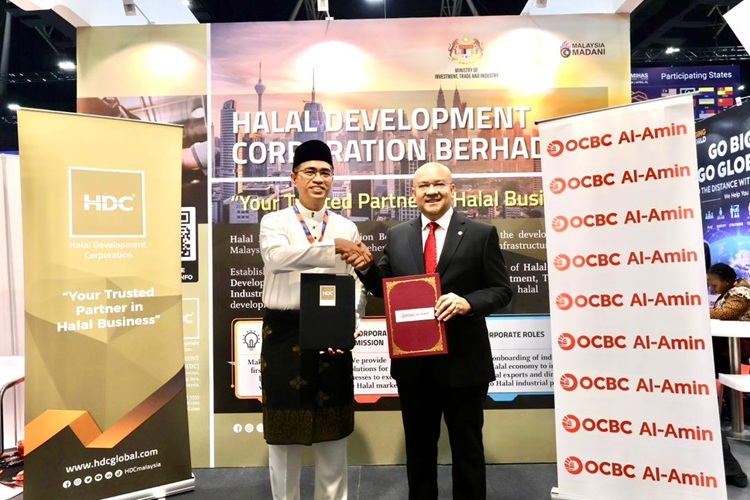
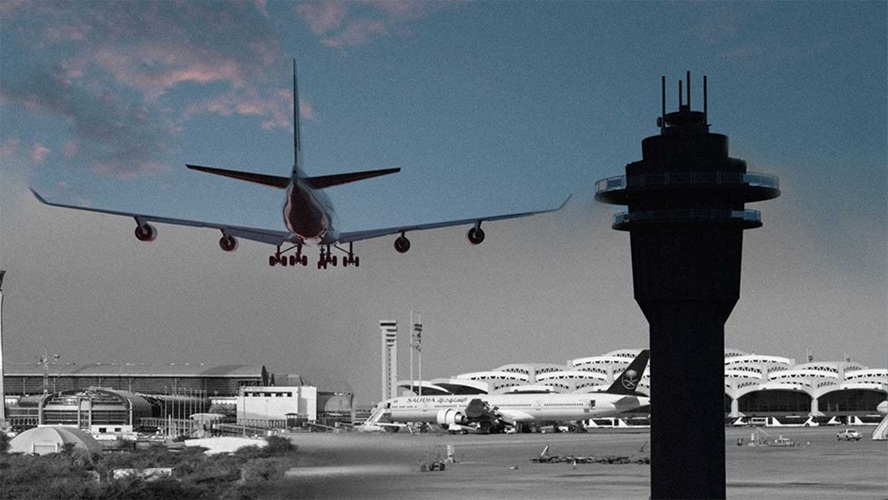
0 Comments